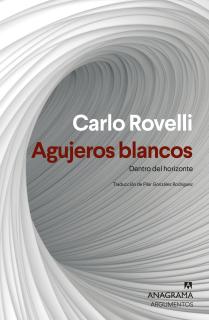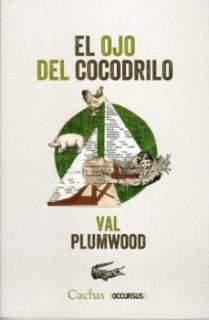
MORTALITY
15,00 €
BEZa barne
Ez dago eskuragarri
MORTALITY
| ISBN | 978-1-4555-0276-9 |
|---|---|
| Orriak | 106 |
| Urtea | 2017 |
| Argitaletxea | Hachette |
| Saila | Ciencia |
?In some ways, I tell myself I could hobble along by communicating only in writing. But this is really only because of my age. If I had been robbed of my voice earlier, I doubt that I ever would have achieved much on the page.?
In June 2010, on tour for his memoir Hitch-22, journalist and atheist Christopher Hitchens woke up in his New York hotel room in incredible pain, barely able to summon emergency services to his aid. What he initially suspected was a heart attack resulted in a diagnosis of Stage IV esophageal cancer, hardly surprising in a life-long smoker. Over the next eighteen months, while undergoing chemotherapy and...
radiation, Hitchens wrote a series of columns for Vanity Fair about his journey ?from the country of the well across the stark frontier that marks off the land of malady.? Mortality collects eight of these musings on the nature of life and death, health and illness, and the true ?weight of the materialist proposition that I don?t have a body, I am a body.?
In his life before cancer, Christopher Hitchens was known for lucidity even under the influence, writing and debating while drunk more often than not. Perhaps, then, it should not be so surprising that he brought the same self-possession to bear on his own illness, fighting to the end to see it through clear eyes, even as the decay of his body threatened to cloud his vision and deprive him of his voice. However bravely Hitchens looked death in the face, there is plenty of humanity in the fear and anger, hope and curiousity of his final missives to the ?country of the well.? And whatever clarity and dignity he brings to the subject of death, Hitchens is no atheist martyr, assumed without snot, or vomit, or radiation burn. No final illness is a pretty one.
Seven of the works collected here are complete essays, where Hitchens explores everything from cancer etiquette, to losing his voice, to the irrational reactions of the faithful at the news of the imminent death of an atheist icon. As a non-believer fighting for his life, he was faced with the prayers of the faithful who were much more concerned with his salvation than his recovery. While Hitchens struggled with the loss of one his tools of trade, believers gloated that God had struck him dumb. While Hitchens and his family were hoping for a cure, the faithful were praying for a deathbed conversion that would justify their belief. There were too few like his friend, Dr. Francis Collins, who helped him negotiate the road without rancour or proselytizing.
The final chapter of Mortality is comprised of unfinished ideas and musings, some of which grew into the essays, and others which will never be explored. Less polished, and more personal, these musings are revealing, both of Hitchen?s writing process, and his more private self. Good as the essays are, these notes reveal they were fought out through ?chemo-brain,? and the ?dull, stuporous? drag it put on him. Careful to avoid self-pity in his essays, we know from these fragments that he had moments of darkness, when simply watching an old YouTube video of his healthy self was overwhelming. But he was also able to pun on the similarity between oncology and ontology, and snipe about ?the banality of cancer,? and ultimately leave us wishing this was not the last book we will ever get from him.
In a moving afterword Carol Blue writes, ?my husband was an impossible act to follow.? Indeed it is difficult for a dying man to follow the act of his younger, healthier self. The man in the last months of his life is a qualitatively different Hitch than the writer and thinker who had never before written while ?living dyingly,? but his final contribution to the world of letters is no less astute for all that it is incomplete. What this slim little book lacks, only more time could have made up.



